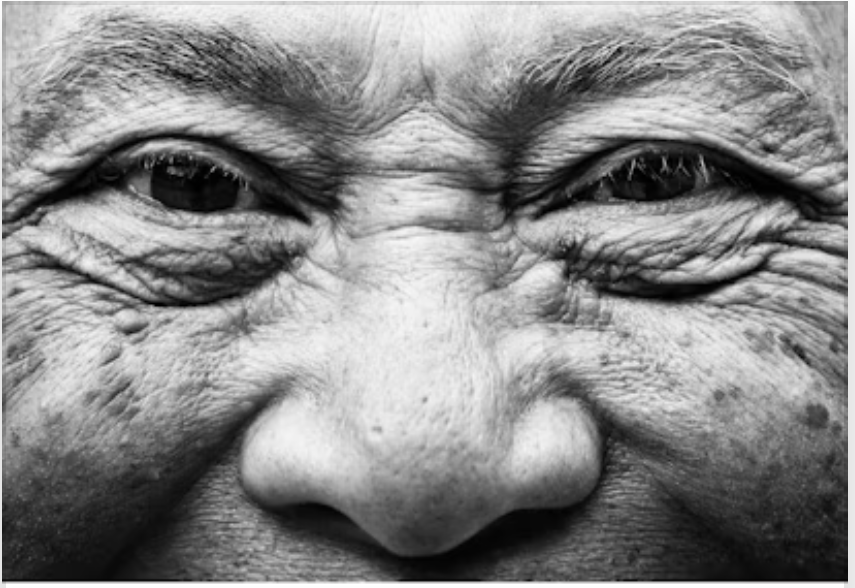
Free trade agreements have done more than move goods across borders. They’ve also shaped how societies define and regulate bodies, identities and belonging. International trade policies, especially the North American Free Trade Agreement (NAFTA), have influenced not only global markets but also cultural norms, legal systems and public debates around sexuality and migration across North America.
In her new book “Queer Traffic: Sex, Panic, Free Trade” (Duke University Press, 2025), Jennifer Tyburczy, a UC Santa Barbara feminist studies scholar, traces the intersections of global economics and social regulation from the 1980s to the present. She argues that the rise of “trafficking” discourse — from sex trafficking to drug trafficking — reveals how economic and moral anxieties often reinforce each other, shaping who is criminalized and who is protected.
“The word ‘trafficking’ has become a powerful political tool,” Tyburczy said. “It’s often used to justify laws or enforcement practices that harm the very people they claim to protect, particularly sex workers, queer and trans people, and migrants.”
Combining archival research, ethnography and analysis of art and activism, “Queer Traffic” follows how ideas about sexuality and trade circulate through policy, media and culture. One chapter examines how Canadian customs officials censored gay and lesbian print culture during the AIDS crisis, blocking the distribution of publications that offered vital information on safe sex. Another explores how NAFTA’s intellectual property rules criminalized informal economies of pornographic media in Mexico, disproportionately affecting working-class men of color.
Tyburczy also investigates how trade and patent law shaped access to HIV/AIDS medications, particularly in Mexico, where the costs of drugs were tied to intellectual property protections introduced through NAFTA. Another chapter focuses on LGBTQ+ migrants from Central America who formed support networks in Tijuana’s safe houses, creating spaces of community and expression — including through dance — in the midst of economic and social precarity.
The book also highlights how artists and performers have engaged critically with free trade and its effects. Tyburczy analyzes Mexican artists such as Vicente Razo, whose performance works used satire and symbolism to critique neoliberal reform. She discusses photographer Daniela Rossell’s “Ricas y Famosas” (“The Rich and the Famous”), a series which was shot from 1994 to 2001 and portrays the daughters of Mexico’s political elite at the height of neoliberal expansion. These creative responses, Tyburczy suggests, reveal how art can make visible the social and emotional dimensions of policy.
Although much of “Queer Traffic” focuses on the late 20th century, using data collected primarily from the 1980s to 2018, its insights resonate today. In her epilogue, Tyburczy connects historic “sex panics” to emerging political rhetoric that uses terms such as “abortion trafficking” and “trans trafficking” in new laws designed to limit reproductive and gender-affirming care.
“We’re seeing a continuation of the same logic,” she said. “Economic policy and moral panic have long been linked, and that relationship continues to shape how we understand who is allowed to move, who is criminalized, and who is protected.”
By tracing the connections between trade, law and culture, “Queer Traffic” reframes how global policy shapes everyday life. Tyburczy’s research suggests that free trade is not only an economic system but also a social one — defining whose movements, identities and relationships are sanctioned or restricted.
Even so, Tyburczy notes that her work is rooted in hope, grounded in the creativity and persistence of queer and trans communities. “People create meaning and connection within systems that seek to control them,” she said. “At its most optimistic, this book hedges a kind of hope for queer culture and aesthetics to dream of other forms of living that go beyond mere survival, despite the destruction and devastation of late racial capitalism and the ongoing horrors of colonial decimation.”
By tracing “the renegade pathways that circumvent the seemingly endless reach of free-trade capitalism toward other routes to pleasure,” Tyburczy presents sexual dissidence not only as a form of resistance, but also as a guide to imagining new ways of living and relating across borders.




